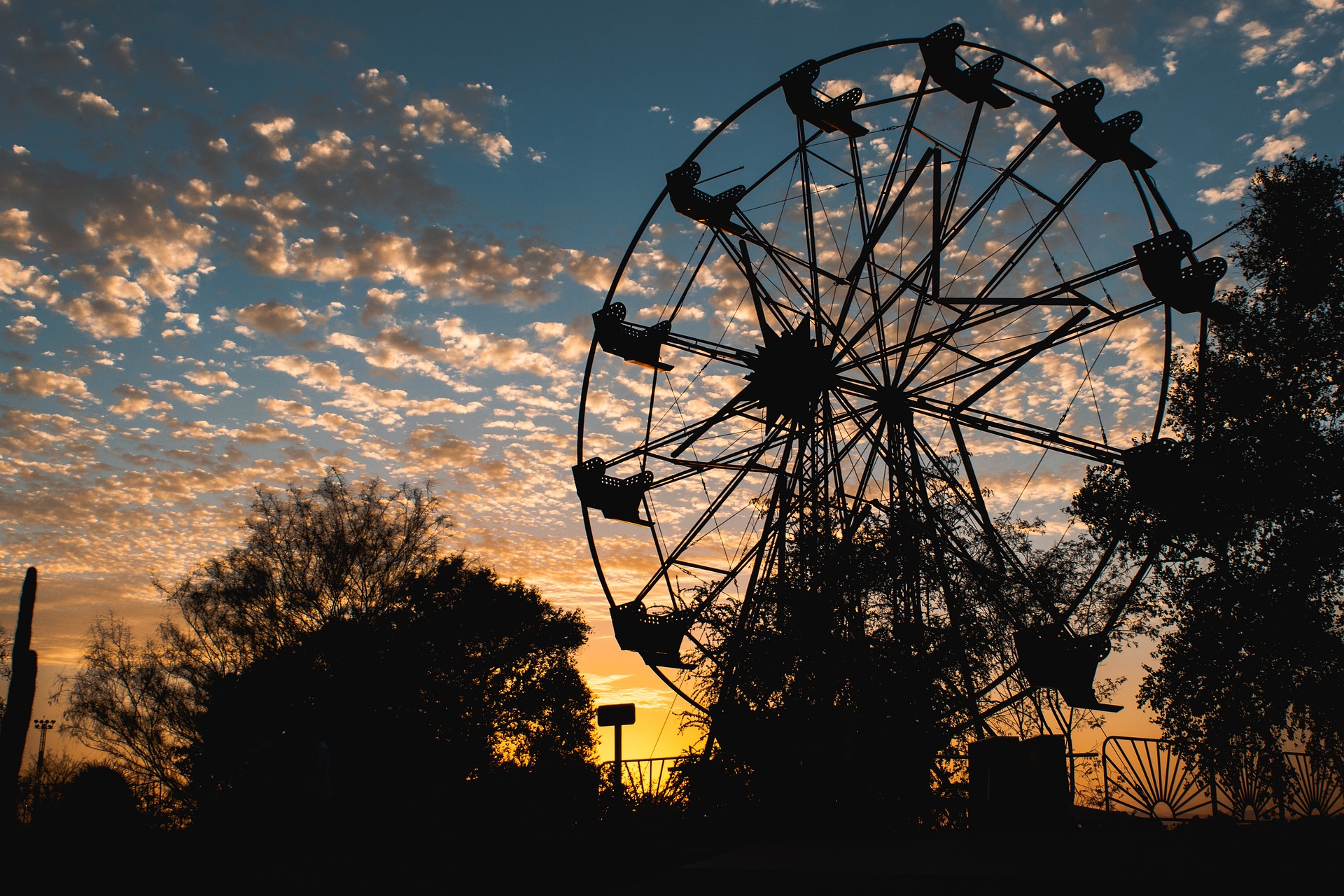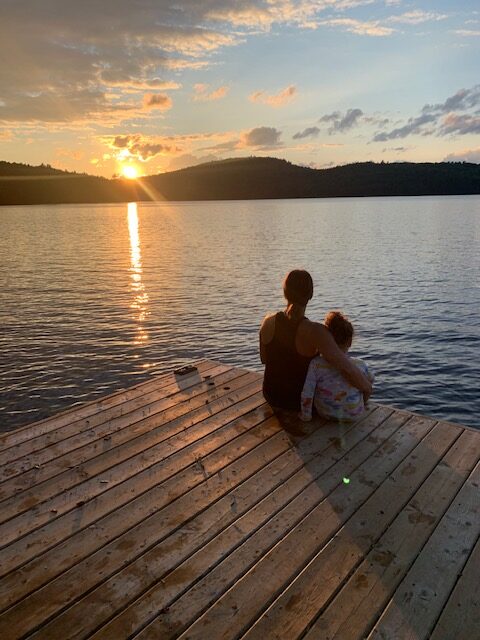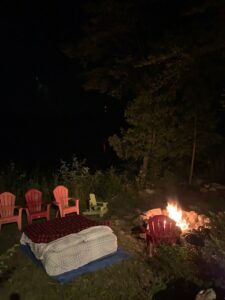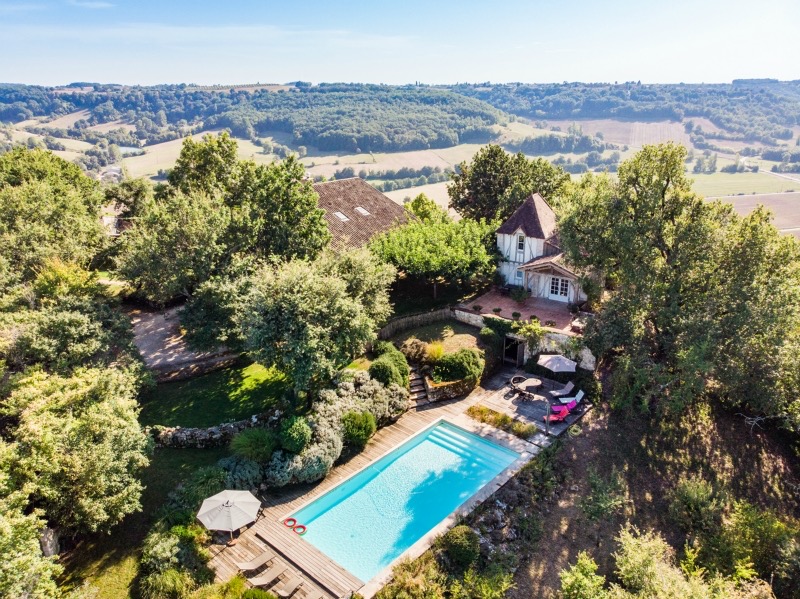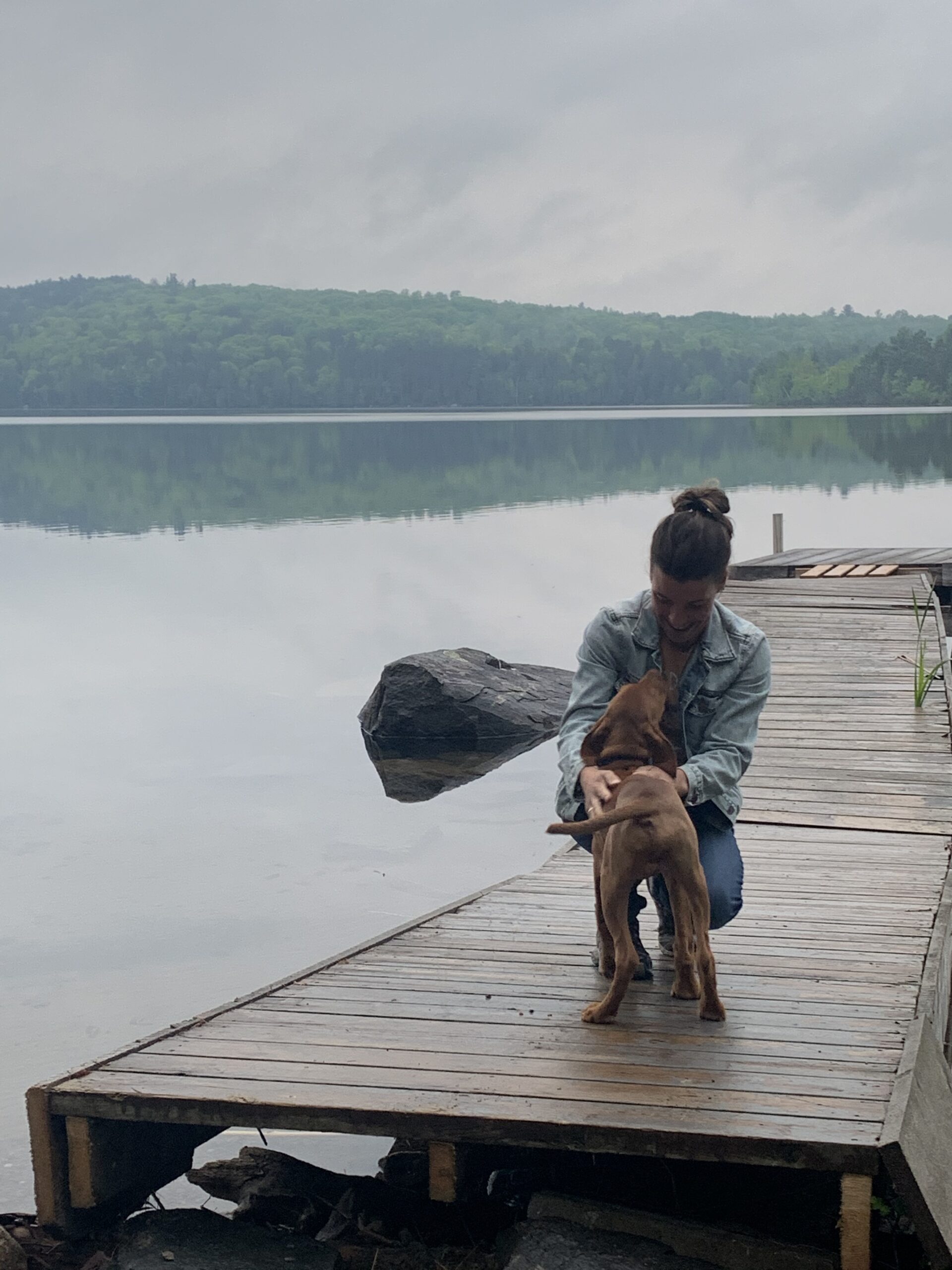No story is ever truly finished. We live out our lives in waves, and sometimes we stop telling our tale, suspended, at the height of crests, and other times, we find ourselves holding our breath underwater somewhere near the bottom, left in the trough until the next rising wave comes along. Life has these peaks and valleys. Books, on the other hand, are different. Books do have an ending. Books must come to an end due to the limits of physical space, attention spans, and because for readers, endings are incredibly satisfying.
Seven years ago, I wrote a memoir about my journey as a mother receiving a prenatal diagnosis of Down syndrome when my second child was born. Over years, I wrote a complete draft, followed by two subsequent drafts. I sought feedback from experts and comments from beta readers and wrote the fourth and final draft incorporating those responses. With the help of a trusted professional editor, I had a final copy edit done. By 2019, I had a completed manuscript. Or so I thought.
For writers, endings can be incredibly hard to write. Not so for every writer, but what is true for every writer is that the ending needs to land and deliver—this is your final impression!—in a similar way that the beginning must draw readers in.
One of the most difficult endings that a writer must contend with is completing the first draft, which is, of course, not an ending at all, but a place for the next stage of beginnings. Following a draft, revision and editing happen, and this is the bulk of the work. In his craft book On Writing, Stephen King wrote that writing is rewriting.
Before rewriting, a first draft must exist. Next, comes multiple rounds of finessing. And this is where I find myself in the writing process of my second book, head ducked beneath the waves.
I am writing a collection of essays. Essay writing is unique in that huge swaths of text (complete essays) may be finished before another section of the book has even begun. I find myself with essays in varying stages of completion. I have essays from my book that are published and a few more I want to write from the ground up.
As we come to the end of 2022, I’m reflecting on what it means to “finish” the current book I’m writing. I have an admission: finishing a book or project is the absolute hardest bit for me. I am spectacular at beginnings. I have new ideas a plenty. Several other books exist partially on the page and in my head that I want to write. A chapbook, two books of poetry, a collection of short stories and in the past few weeks, I’ve been developing an idea for a novel—a novel! Meanwhile, my collection of essays sits patiently to the side, at risk of becoming an abandoned child. I, the mother, guilty of neglect. The truth of the matter is that my essays are close, but the ending, wrapping up what I have, is a challenge. Finishing a project requires discipline and putting in the time. Finishing becomes more methodical, and while creative thinking is paramount infinitum, to finish requires curtailing any wild flares or fancies. I must work within the confines of what I have begun, of what has already been laid down and round out what is lacking. Finishing, tying up loose ends and editing and rewriting essays, is work. Arguably the most important work to be done. My mind loves to jump to the glittery rock at the bottom of the pond of my thoughts. That new shiny thing, yes, my brain says. Pick it up! Pick it up! Let’s write about that! I have to swat away those impulses, or better yet, write them down in my daily process journal for another day when the essays are done. Nothing is ever wasted. I resist the stone’s temptation and strengthen my resolve. I finished writing a book once, and I will do it again, I remind myself.
This finishing business is no easy task. The Down syndrome memoir I began writing seven years ago I no longer consider a completed work. I no longer think of that book as “done”, but as something that I’ll come back to. And in many ways, I already have. In many ways, I have never not been working on that book. Stories from my memoir have found their way into my essays. While I once found an end to that book, the stories continue. Sometimes, you must write the first book in order to get to the second, truer story.
2023 is the year I finish writing my collection of essays. If I had a vision board, it would also say, “2023 is the year I find a publisher.” I have been working on the pursuit of my publication dream for ten years. These stories I’ve been keeping, they were never really mine to hold onto. They are for you. Capturing the stories, writing them down, sustains me, but putting those stories out into the world and having others receive them is, for me, one of the most satisfying endings.



